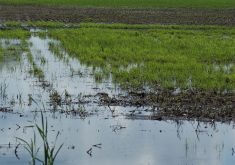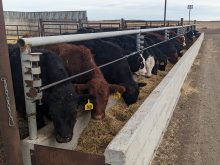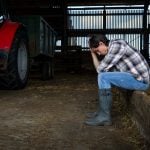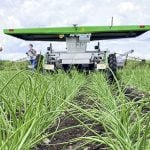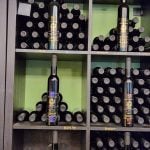THE Alberta government has taken the long awaited plunge into the intensive livestock operation controversy.
Two weeks ago, agriculture minister Shirley McClellan announced the province’s National Resources Conservation Board would take over the approval process for new and expanding hog barns and cattle feedlots.
It is a move three years in the making and should be welcomed by anyone wishing to keep the glow on agricultural growth.
Until now, many municipalities in Alberta have been passing bylaws designed to keep out intensive livestock operations. This has caused a patchwork of regulations so varied from district to district that it has become next to impossible for operators to find a suitable location to establish or expand.
Read Also
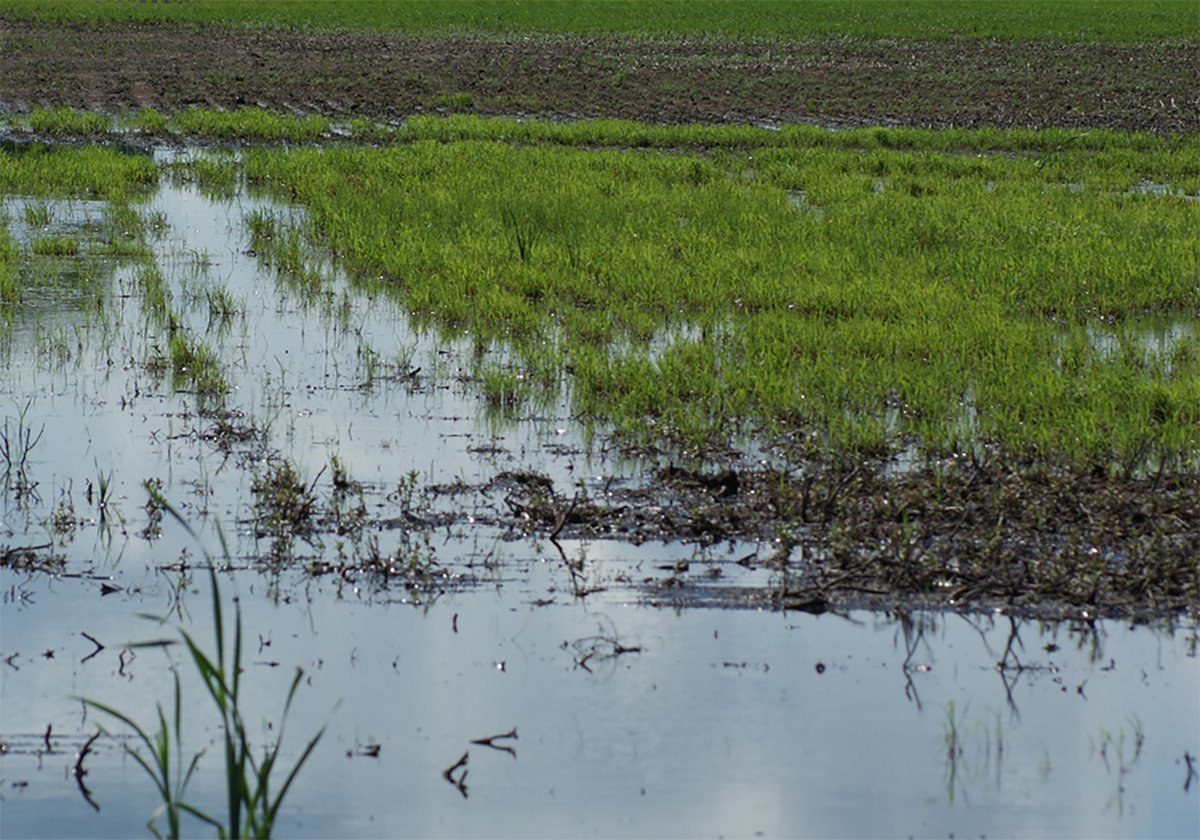
Topsy-turvy precipitation this year challenges crop predictions
Rainfall can vary dramatically over a short distance. Precipitation maps can’t catch all the deviations, but they do provide a broad perspective.
The province’s decision sets out scientifically based technical standards and a framework for provincial approval and enforcement. It removes the need for municipalities to make decisions in highly technical engineering and environmental areas, which most districts lacked the expertise to make.
It’s expected municipalities will be asked to supply land-use models that outline which areas they deem suitable for ILO development. Essentially, under the new regulations, agriculture will be treated the same as other industries have been treated for decades.
The Alberta government has not made clear under what conditions it would accept a municipality’s refusal of an ILO proposal, but McClellan has said rejections won’t be allowed simply because an area doesn’t want ILOs.
We expect and hope the province will respond to reasonable science, health and environmental concerns.
Opponents of Alberta’s new regulations complain the province is cutting local municipalities out of the decision-making process.
To a point that’s true, but it seems a necessary side effect to remove the unfounded fear-mongering and highly charged emotions that take approval of ILO proposals beyond the realm of common sense.
A sense of orderly democracy has been restored by limiting the pressure that travelling lobby groups can bring to bear on local politicians.
Presumably, the Alberta government has the authority to speak for the people, having won 74 of 83 seats.
Presumably, also the Alberta people are keen to enjoy the economic benefits brought by ILOs, just as they enjoy the fruits of the oil and gas industry, warts and all.
Feedlots and hog barns can pose environmental problems if they are improperly designed or managed.
This is exactly why strong and consistent province-wide regulations are vital to the industry. This is why strong and authoritative leadership from the top is necessary.


